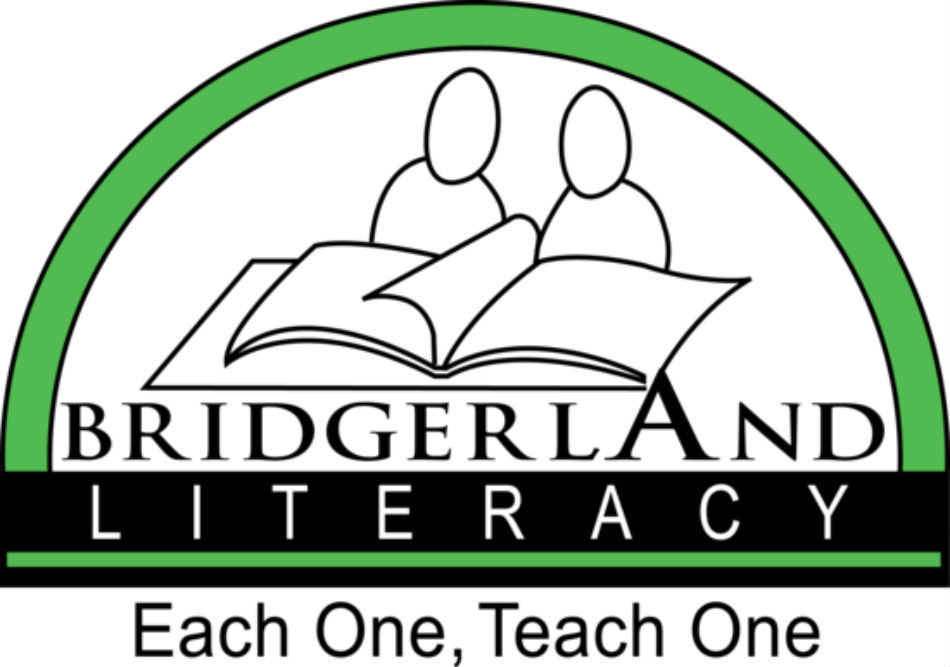LOGAN – According to Alice Shepherd, program coordinator at Bridgerland Literacy, thousands of children and adults in northern Utah struggle to read and write.
“It’s kind of a silent disability because nobody wants to step up and say ‘Yes, I can’t read, or I struggle to read, or I’m not understanding this.’ It’s humiliating,” Shepherd says. “People don’t like that; people don’t like to be embarrassed. So, they won’t admit it.”
She says Bridgerland Literacy is now putting tutors in local libraries to help people deal with their challenges, closer to home.
“If there are people in their libraries, they would come to us, get assessed and then we would decide what they need to do,” Shepherd explains. “And then they work out of their libraries right in their own communities.
“It saves them travel, it saves them from having to take off from work. They can now go right there and get the help that they need.”
Shepherd says when you can’t write or read very well, it affects your relationships and your work and eventually your family.
“If an adult can’t read, and they have young children, who helps them with their homework?” Shepherd asks. “And if that’s the case, then the children go back struggling in school. So, 72 percent of children whose parents don’t read well, will struggle with reading also. That’s a huge number of children who need help that their parents can’t give them.”
Bridgerland Literacy is part of the Institute for Disability Research, Policy and Practice at Utah State University. They welcome inquiries at beliterate.org.

